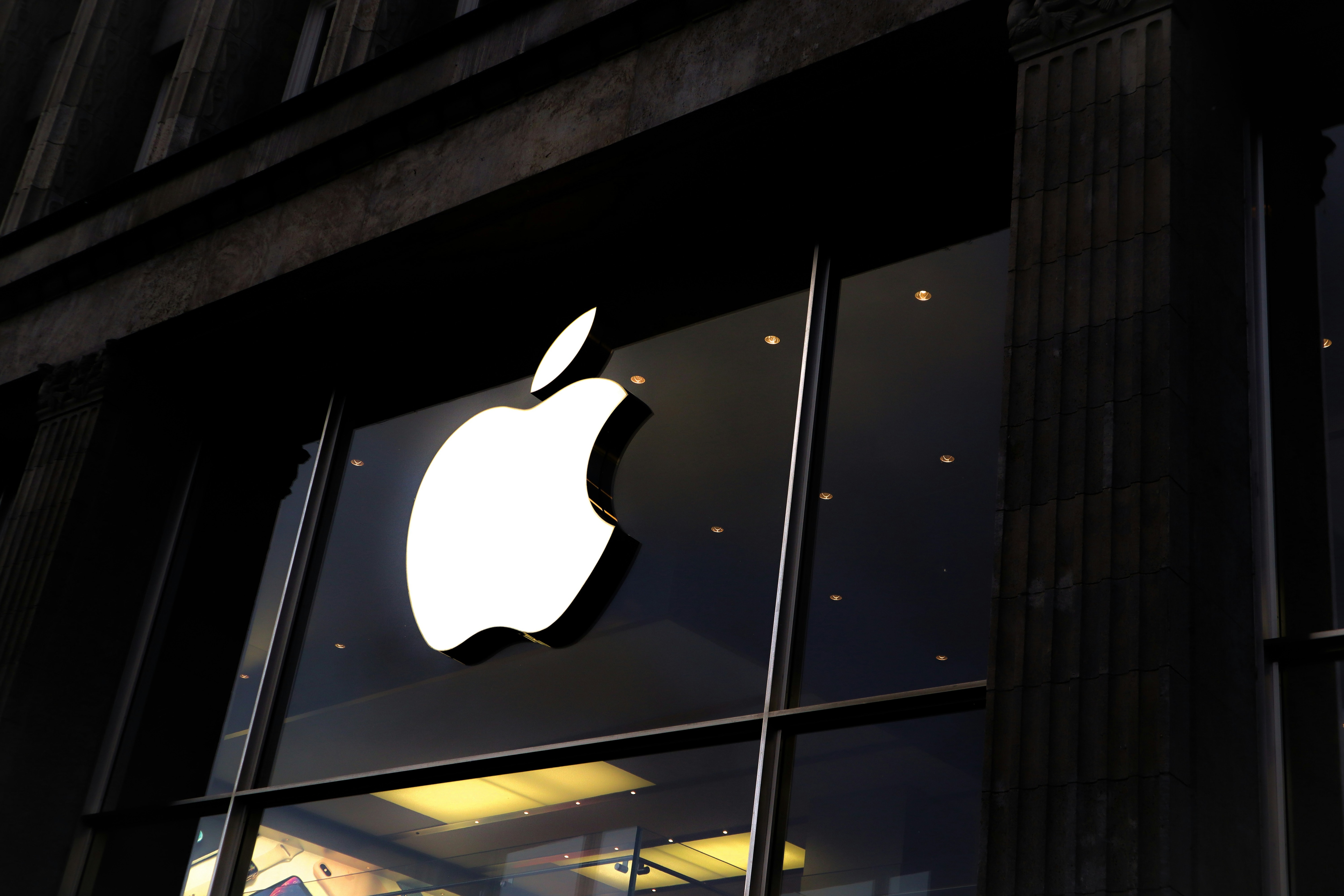Bajaj Auto Ltd. has taken a calibrated approach towards electric two-wheelers, Executive Director Rakesh Sharma said, at a time when startups have stolen a march over incumbents in India's EV space, riding a wave of easy money.
Still, Bajaj Auto needs to be far more aggressive with its EV strategy because, while risk is temporary, loss in market share is permanent, according to Nirav Sheth, chief executive (institutional equities) at Emkay Global Financial Services.
In India’s auto industry, a segment leader has never abdicated the throne—be it commercial vehicles (Tata Motors), tractors (Mahindra & Mahindra), passenger cars (Maruti Suzuki), commuter motorcycles (Hero MotoCorp), automatic scooters (Honda), middleweight motorcycles (Royal Enfield) and sports bikes (Bajaj Auto).
In that aspect, Ola Electric could very well hold on to its EV crown, forever.
"It is an entrepreneur’s job to take the risk or ask the ecosystem to take the risk. Like how Ola is doing with its fundraising," Sheth said. "Incumbents need to be far more aggressive, at the risk of losses. I think that’s the nature of the beast."
That fact isn’t lost on Sharma, a veteran of 16 years at Bajaj Auto.
"Electrification won’t be a Kodak moment for us; we will not be caught napping at the wheel while the industry changes," he said.
Electrification is here to stay, with or without subsidies and tax breaks, he said. The selling cost, at present, is volatile due to a demand-supply imbalance, but there is a fundamental shift in the minds of consumers—from the affluent rider to the daily commuter.
The biggest hurdle, however, is bridging the cost gap between a fossil-fuelled scooter and a battery-operated one. Demand for lithium-ion cells has skyrocketed, and supply is scarce. That battery chemistry may itself become obsolete in the near future—sodium-ion batteries are three to four years away from commercialisation.
"There is some holding back from the big players as new battery chemistry and alternative tech are emerging," Sharma said. "So, no one wants to invest a large sum of money in a technology that may quickly become obsolete."
What Bajaj Auto is doing right now is investing in the R&D of electric vehicles while building manufacturing capacity, a supply chain, and an exclusive dealer network.
"Bajaj Auto sees electrification as an opportunity to advance our global position", especially when the company derives half of its business from overseas markets. "This is us preparing for the marathon. Electrification is not a sprint but a marathon."
 RECOMMENDED FOR YOU
RECOMMENDED FOR YOU

Bajaj Auto's EV Portfolio Nears Double-Digit Margin, Contributes 20% To Domestic Revenue
 Aug 11, 2025
Aug 11, 2025

Bajaj Auto Expects Rare Earth Mineral Supply To Resolve In Nine Months, But Q2 Will Be Tough
 Aug 09, 2025
Aug 09, 2025

Bajaj Auto Q1 Review — Margins Below 20% For First Time In Seven Quarters; Motilal Oswal Stays 'Neutral'
 Aug 07, 2025
Aug 07, 2025

Stock Picks Today: Trent, Bajaj Auto, Divis Lab, Lupin On Brokerages' Radar
 Aug 07, 2025
Aug 07, 2025

